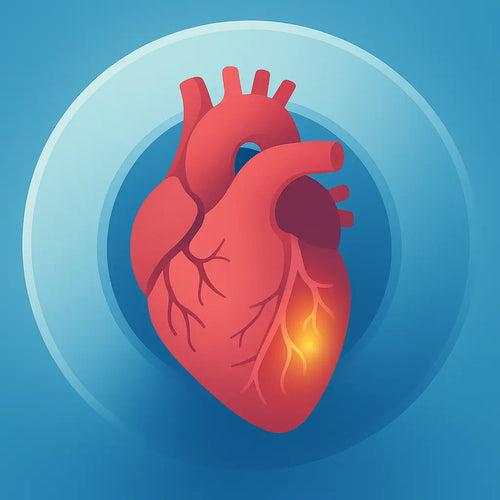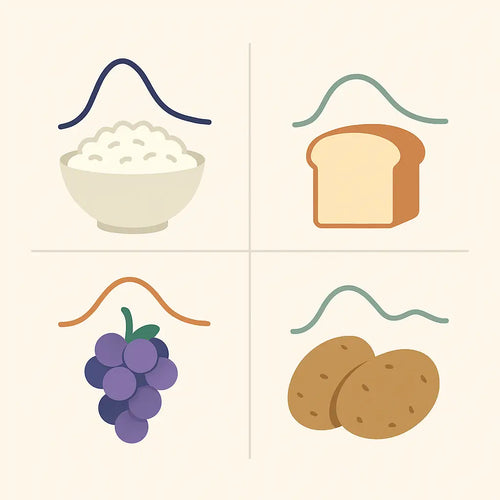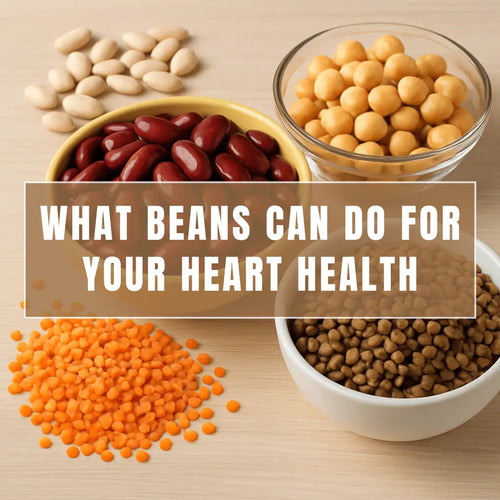
We know it’s better to avoid high blood glucose levels since that can cause tissue damage.
Several things can affect blood glucose levels, one important factor is the type of food we eat.
It’s logical that the food we eat will have an impact on our blood glucose level, but can it also make a difference when we eat?
Yes, it can make a difference. Research has shown that the circadian rhythm which is affected by the light cycle regulates glucose, lipid, and energy metabolism in humans (Poggiogalle E, et.al., 2018).
We have known for many years that the body metabolizes glucose differently in the morning compared to the evening.
When the participants of this study received three oral glucose tolerance tests, one in the morning, one in the afternoon, and one in the evening on separate days, this is what the researchers found (Jarrett RJ, et.al., 1972).
The average blood sugar levels in the afternoon and evening tests were similar, but they were both significantly higher than those in the morning test.
For somebody who already has a tendency to have high blood glucose levels, it’s even more important to take this into consideration when eating.
These researchers found that glycemic control was dramatically impaired in the evening in people with prediabetes (Sonnier T, et.al., 2014).

Most people would benefit by keeping this in mind when eating.
We will usually metabolize a meal better and keep the blood glucose levels lower in the morning.
This is one of the reasons why it’s better to eat more in the morning and less in the evening.
References:
Jarrett RJ, Baker IA, Keen H, Oakley NW..Diurnal variation in oral glucose tolerance: blood sugar and plasma insulin levels morning, afternoon, and evening.Br Med J. 1972 Jan 22;1(5794):199-201.
Poggiogalle E, Jamshed H, Peterson CM.Circadian regulation of glucose, lipid, and energy metabolism in humans.Metabolism. 2018 Jul;84:11-27.
Sonnier T, Rood J, Gimble JM, Peterson CM.Glycemic control is impaired in the evening in prediabetes through multiple diurnal rhythms. J Diabetes Complications. 2014 Nov-Dec;28(6):836-43.









